Introduction
Under the umbrella of ISTQB®, the Certified Tester Foundation Level 4.0 (CTFL 4.0) has emerged as a beacon for software testers worldwide. But what makes this certification so sought-after? In this blog, we will discover why it's important to keep up with what's new in the ISTQB® certifications offering, particularly the recent changes made to the ISTQB® CTFL CTFL 4.0 certification. Why do these updates matter? What are the good things it brings to quality engineers, test analysts, and those already certified but looking to improve their skills?
How Has the ISTQB® CTFL 4.0 Syllabus Evolved?
The CTFL 4.0 syllabus covers software testing fundamentals, including test techniques, management, and tools. It explains the terminology and concepts used worldwide in testing, ensuring a consistent knowledge base for all certified testers.
This new version has been designed to match current software development and testing approaches across the industry.
The refreshed syllabus of the CTFL 4.0 now encompasses 14 Business Outcomes and 64 Learning Objectives. This provides a strong base of knowledge for software testing professionals. The content has been tailored to align with industry requirements, focusing on practical skills and real-world situations. These adjustments ensure that CTFL 4.0 certified professionals are well-prepared to tackle the challenges of contemporary software testing and contribute effectively to their teams and organizations.
The CTFL 4.0 syllabus includes significant changes from its previous version, the CTFL 3.1, with Agile testing and an extensive focus on risk-based testing. CTFL 4.0 introduces techniques to evaluate quality control efforts better, define quality gates, and write and execute acceptance tests. Testing is no longer just a dedicated function but a role with quality-related activities that any team member can undertake.
The revised CTFL 4.0 syllabus highlights the importance of close collaboration with other stakeholders, introduces techniques to estimate better the effort required to control quality, and defines quality gates such as DoR, DoD, and Acceptance Criteria.
The syllabus exemplifies different techniques to write and execute acceptance tests, switching testing from a dedicated function to a role with a set of quality-related activities that can be undertaken by any member of the team.
.iSQI suggests: ISTQB® CERTIFIED TESTER FOUNDATION LEVEL 4.0 (CTFL 4.0)
.png?width=600&height=300&name=Navigating%20CTFL%204.0%20Blog%20banner%20(1).png)
Why this update was necessary
- Evolving Industry Standards and Practices: The field of software testing is in constant fluctuation, characterized by the emergence of new industry standards, methodologies, and practices. These advancements target the evolving nature of software development and quality assurance. Regular updates to certification exams reflect these changes, ensuring certified professionals remain equipped with the latest insights and skills demanded by the industry.
- Technological Advancements: The pace of technological progress impacts various fields, including software testing. Novel tools, frameworks, and technologies are introduced to enhance the efficiency, accuracy, and effectiveness of testing processes. Certification exams must evolve to encompass these technological innovations, enabling professionals to stay adept with the latest tools and techniques used in the field of quality software testing.
- Feedback from Certified Professionals: Practicing professionals who hold certifications provide invaluable feedback and recommendations to refine certification exams. Their firsthand experience assists in identifying areas that warrant updates or revisions, guaranteeing that exams mirror real-world testing scenarios and obstacles. Integrating insights from professionals heightens the practicality and effectiveness of certifications.
- Safeguarding Relevance and Credibility: Regular updates to certification exams ensure that the certifications maintain their relevance and credibility within the industry. By assimilating the latest industry practices, emerging trends, and technological breakthroughs, exams sustain their value and mirror the evolving expectations and demands of employers. Keeping exams current also mitigates the risk of certifications becoming obsolete or irrelevant over time.
What makes these adjustments significant?
The CTFL 4.0 (Certified Tester Foundation Level) certification enhances knowledge in several ways:
- Updated Knowledge: CTFL 4.0 is aligned with the latest ISTQB® syllabus, incorporating the most recent industry practices and technologies. This keeps candidates informed about current trends and guidelines in software testing.
- Comprehensive Understanding: Covering diverse topics like test design techniques, test management, and tools, CTFL 4.0 provides a holistic grasp of software testing. This equips candidates to navigate various testing scenarios effectively.
- Practical Focus: CTFL 4.0 emphasizes practical application over theory. Candidates must showcase their ability to use learned concepts in real-world situations, enhancing hands-on experience and problem-solving skills.
- Global Standardization: Adhering to recognized ISTQB® standards, CTFL 4.0 ensures consistency in software testing practices worldwide. It creates a shared language and framework among testers, fostering better communication and collaboration.
- Career Enhancement: As a widely recognized foundation-level qualification, CTFL 4.0 boosts credibility and marketability. It opens doors to new career prospects by demonstrating a commitment to professional growth and quality in testing. Employers value this certification, as it signifies a strong understanding of testing principles and methodologies.
Global Certification Recognition
One of the key reasons for this update also includes its global recognition. The CTFL certification is the world's leading qualification for software testers and test engineers in its rigorous syllabus. The syllabus covers a wide range of topics related to software testing, including test design techniques, testing levels and types, test management, defect management, and essential testing knowledge.
This comprehensive coverage ensures that individuals who hold the certification have a strong understanding of all aspects of software testing.
The CTFL 4.0 certification includes standardized testing practices. This means that individuals pursuing this certification are evaluated based on the same criteria and standards regardless of their location. This standardization ensures that the certification is reliable and consistent, offering a benchmark for employers to assess the skills and knowledge of potential employees.
One of the notable advantages of CTFL 4.0 certification is its global applicability. As software testing is a critical process in developing any software system, the certification is recognized and valued worldwide. This makes it a preferred qualification for individuals seeking job opportunities in top tech companies around the globe. It provides a competitive edge in the job market and demonstrates a commitment to professional development in software testing. Given this certification's widespread global reach and influence, it's crucial that organizations like the ISTQB® enable ongoing enhancements for certifications like the CTFL 4.0 to keep pace with emerging software methodologies.
The Agile Tester Advantage
The CTFL 4.0 syllabus incorporates agile methodologies, ensuring testers can work in traditional and agile software development environments. This makes the certification relevant across software delivery approaches, including Waterfall, DevOps, and Continuous Delivery.
Who Should Consider the ISTQB® CTFL 4.0 Certification?
While primarily tailored for software testers, the ISTQB® CTFL 4.0 certification is also suitable for anyone who needs to demonstrate practical knowledge of the fundamental concepts of software testing. This includes project managers, quality managers, software developers, business analysts, or anyone with the basics of software testing. This syllabus forms the basis for the International Software Testing Qualification at the Foundation Level.
How Does ISTQB® CTFL 4.0 Certification Benefit You?
The CTFL 4.0 certification offers significant benefits to those in the software quality industry.
- Enhanced Skills: CTFL 4.0 equips test engineers with fundamental testing techniques, methodologies, and best practices. This knowledge helps them identify code issues early and design effective testing strategies.
- Better Quality: Understanding CTFL 4.0 concepts empowers test engineers to contribute to quality assurance by creating comprehensive test cases, identifying risks, and resolving errors before deployment.
- Industry Recognition: CTFL 4.0 certification showcases dedication to growth and excellence, enhancing credibility and career opportunities in software quality.
- Collaboration: CTFL 4.0 fosters a shared language among developers, testers, and stakeholders, enhancing communication, teamwork, and software quality.
- Cost and Time Savings: CTFL 4.0 certified test engineers prevent costly rework by catching issues early, leading to significant savings in time and resources.
Conclusion
Having explored the vital reasons for staying up-to-date with the advancements to the CTFL 4.0 certification. Exams additionally play a pivotal role in evaluating knowledge and expertise within the software testing domain. The consistent evolution of these exams ensures that certified professionals possess the necessary know-how to address the ever-changing challenges of software testing. Factors driving the necessity for updates encompass the dynamic nature of industry standards, the swift pace of technological progress, feedback from experienced professionals, and the need to uphold the relevance and credibility of the ISTQB® certified tester foundation level.
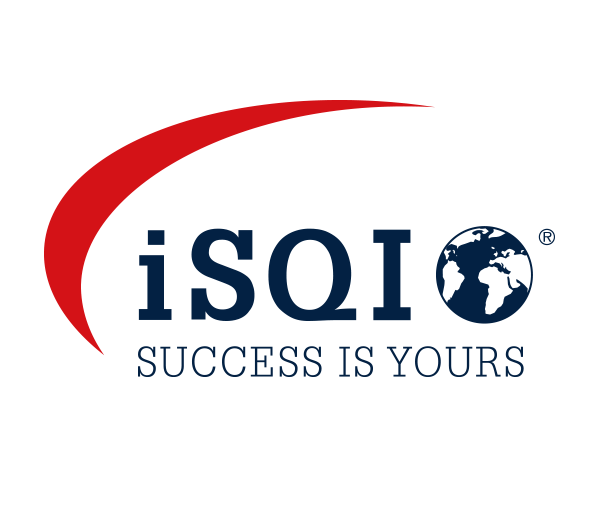
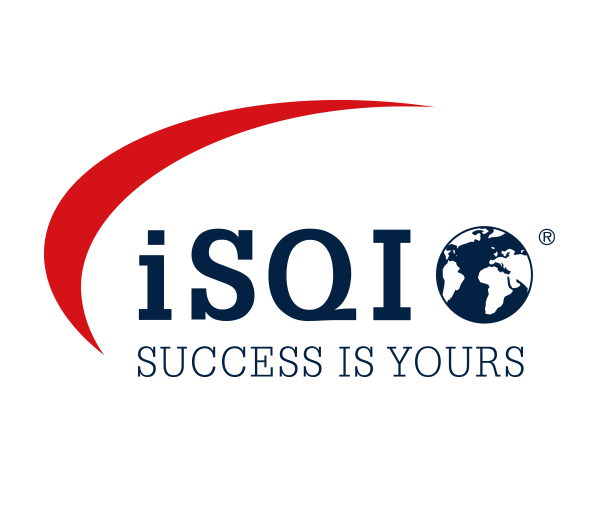
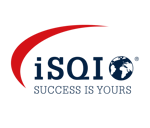




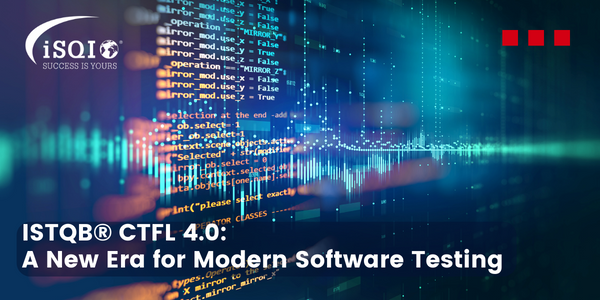

-2.png)
-1.png)
